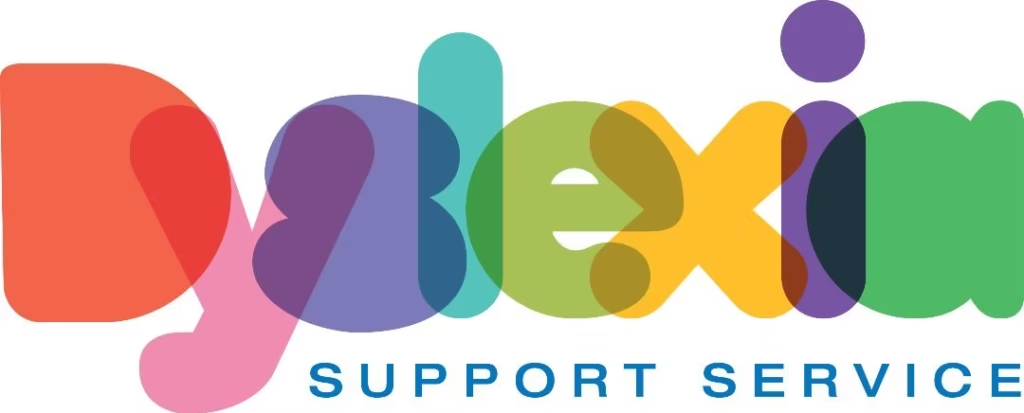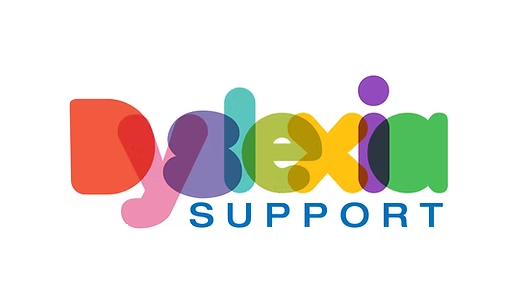Up until now, young learners who had been assessed and diagnosed with dyslexia were being told that they had to be reassessed at a later date if they wanted to apply for the disabled students allowance.
However, new guide-lines The Department for Education has changed its evidence requirements for applications for disabled student allowances. From February of this year
“for a student at any age, a diagnostic assessment that meets SASC guidelines produced by a specialist teacher assessor with an APC or a practitioner psychologist registered with the HCPC will be accepted as evidence for Disabled Student Allowance. With the advent of the removal of the age limit on the student’s age at the time of diagnostic assessment, reports produced by holders of an APC or HCPC registration will have a longer lifespan.”
This is great news for parents who are wondering “At what age should I get my child assessed?”. In the past, many parents have been put off by the cost of assessment, and the worry that the report would only be valid for a short while. Now, it is possible for learner’s to get assessed early – so that intervention and support can be put into place – but the report will still be valid as they progress through their education.

